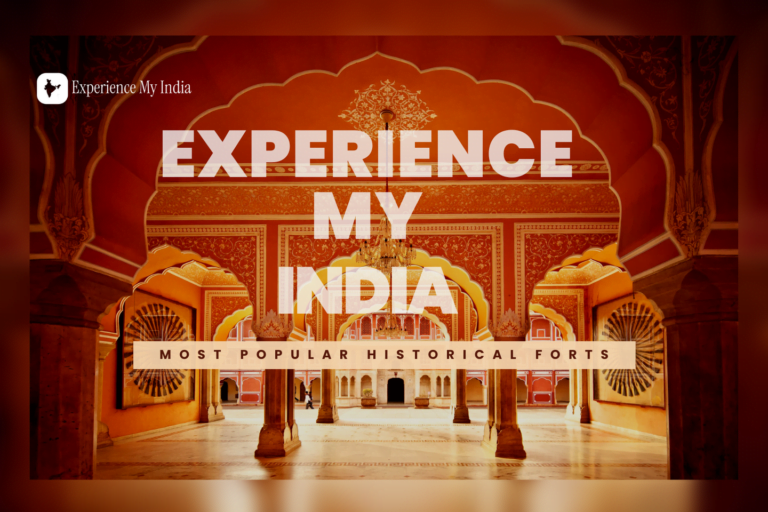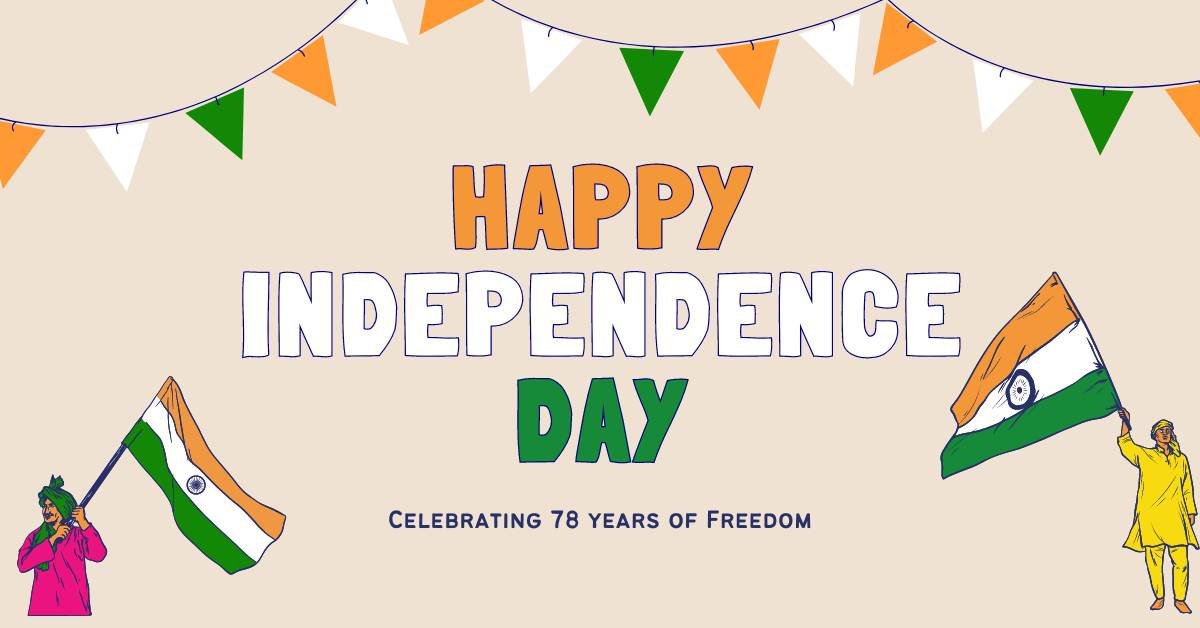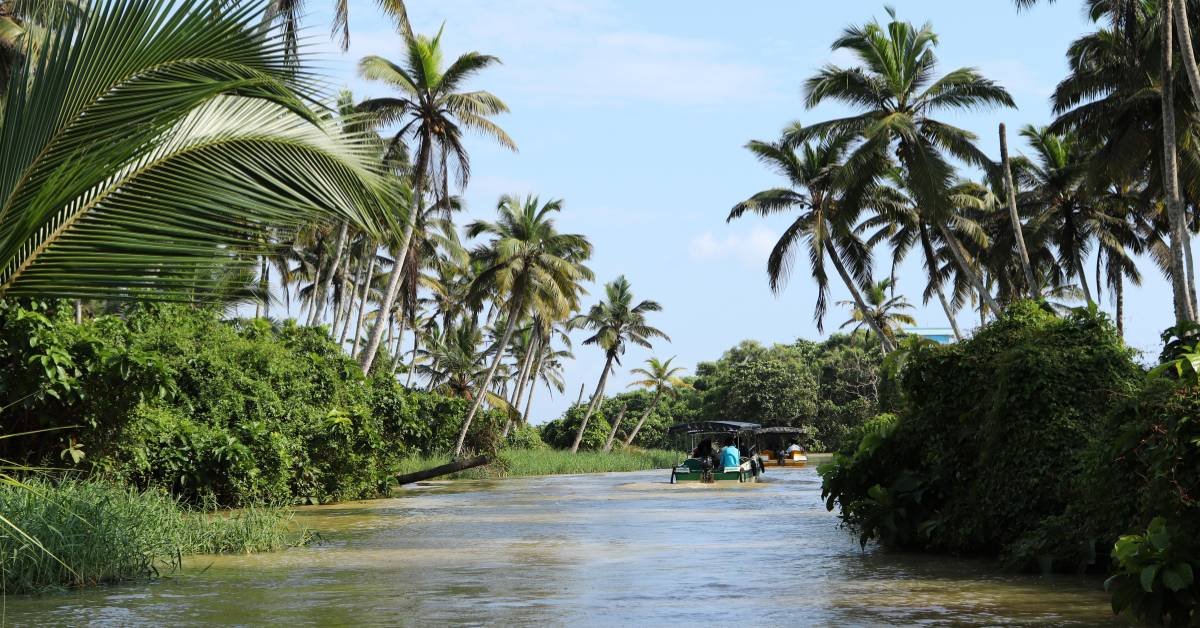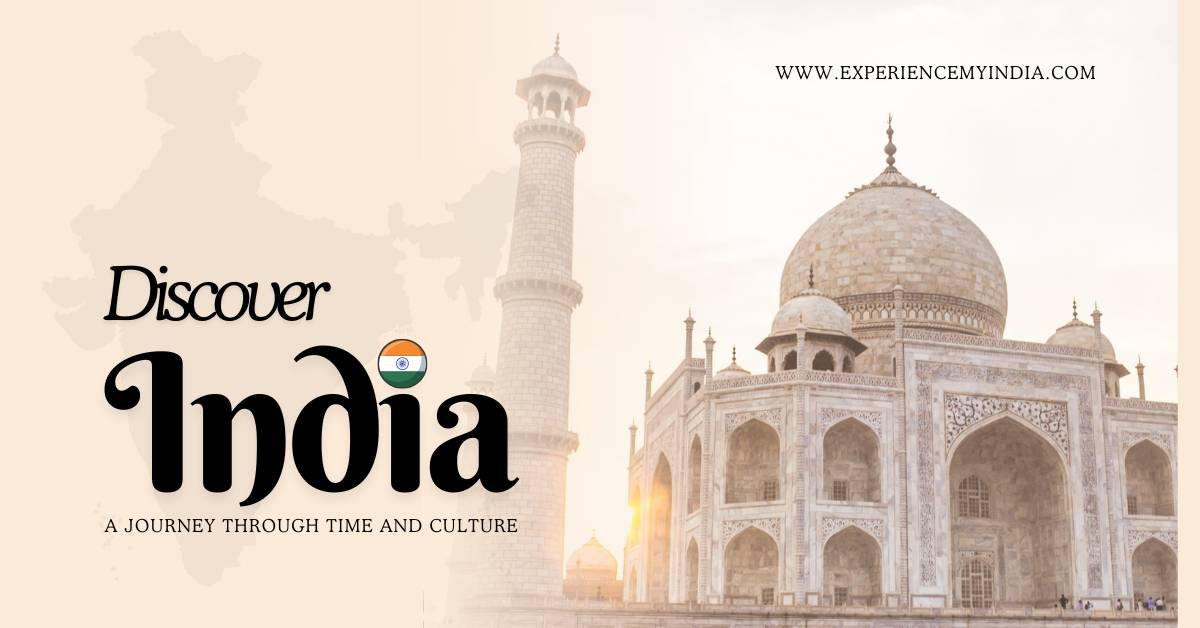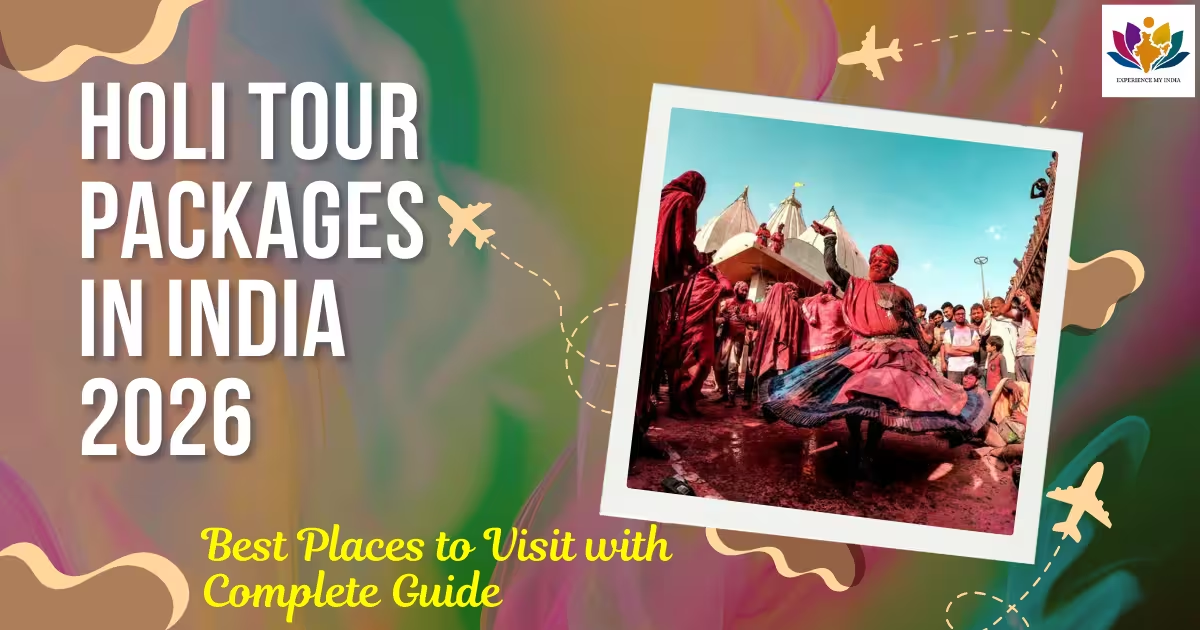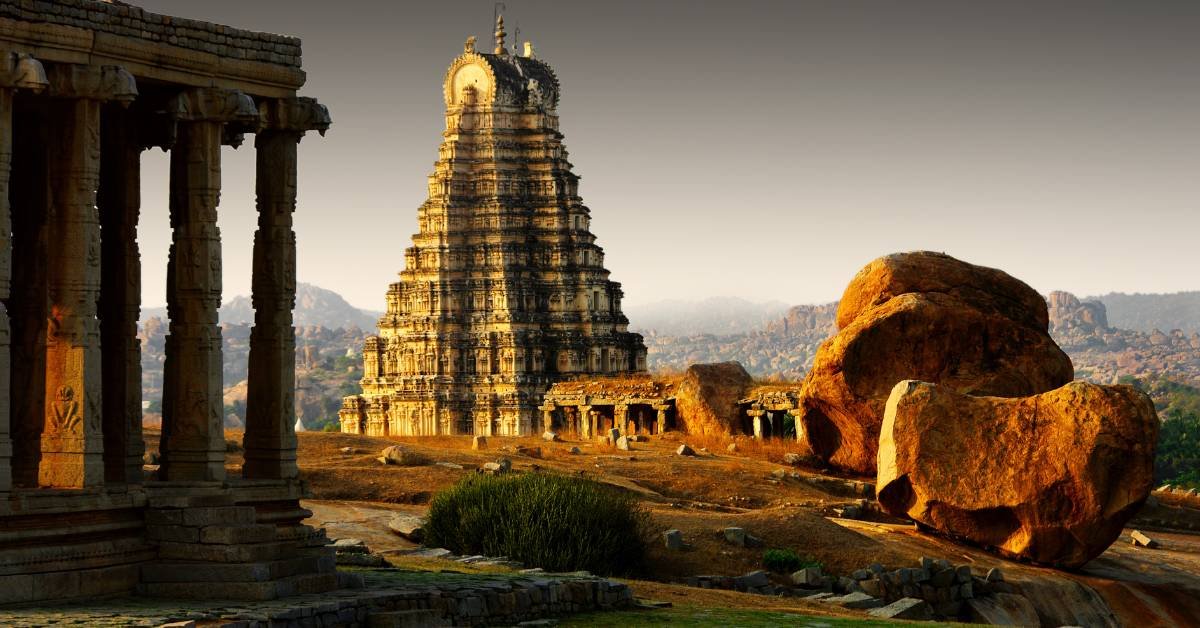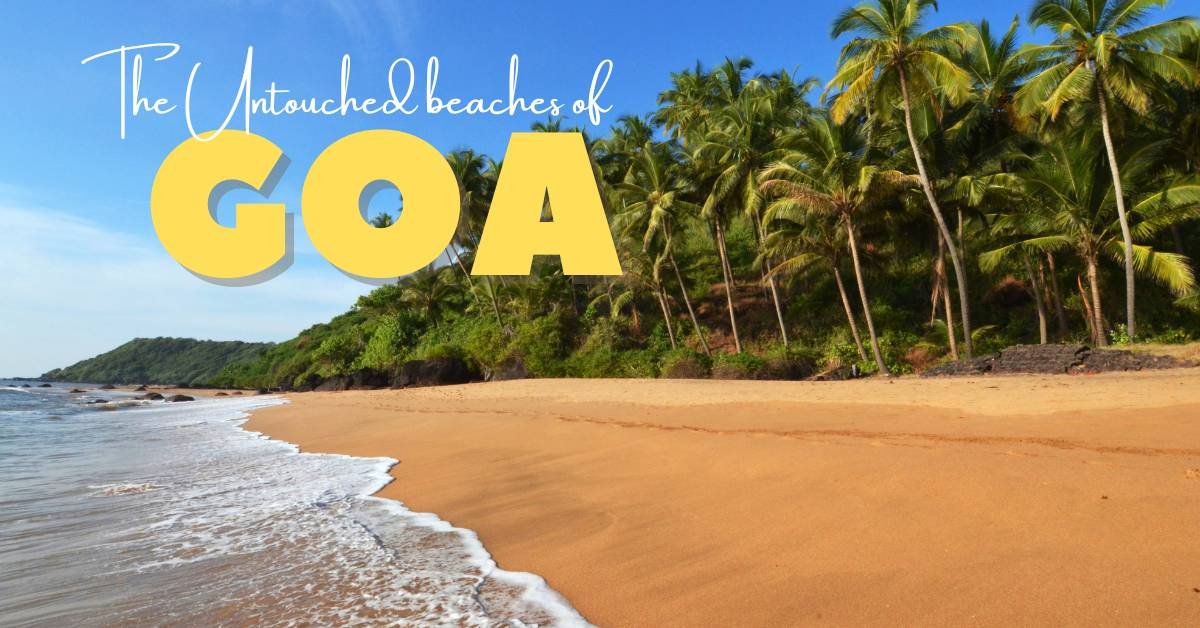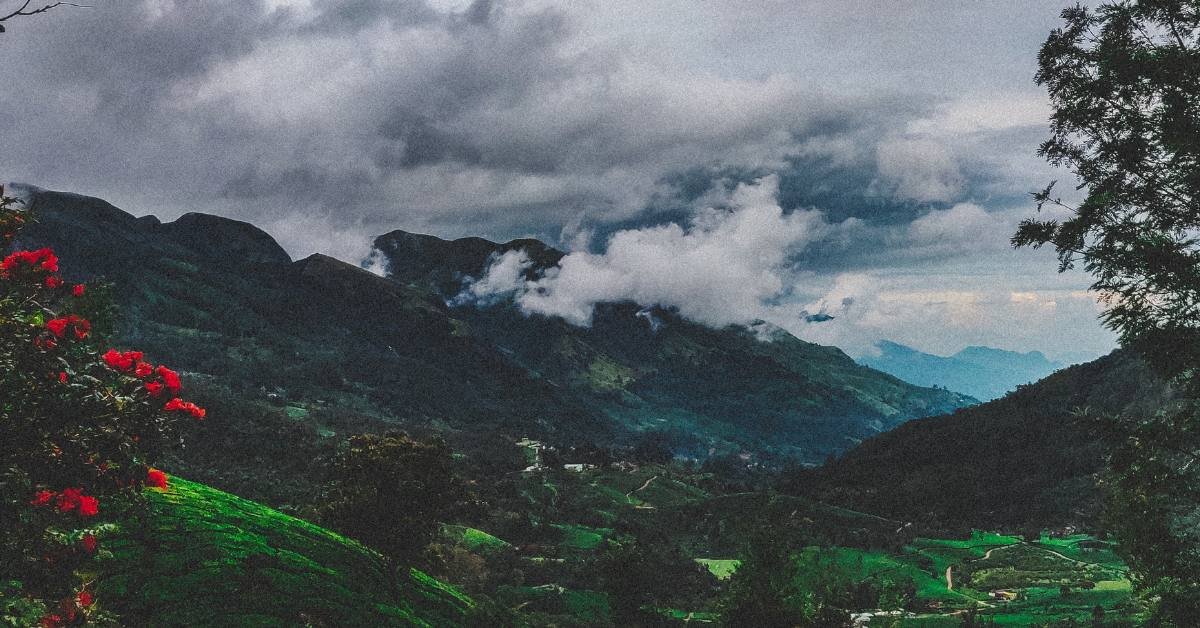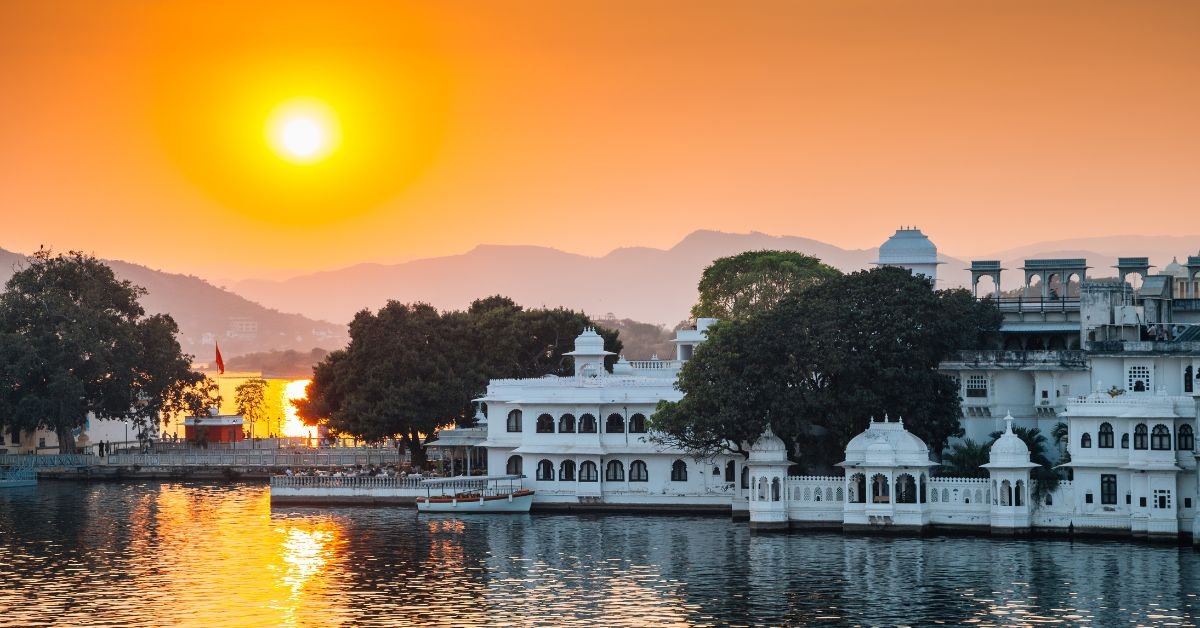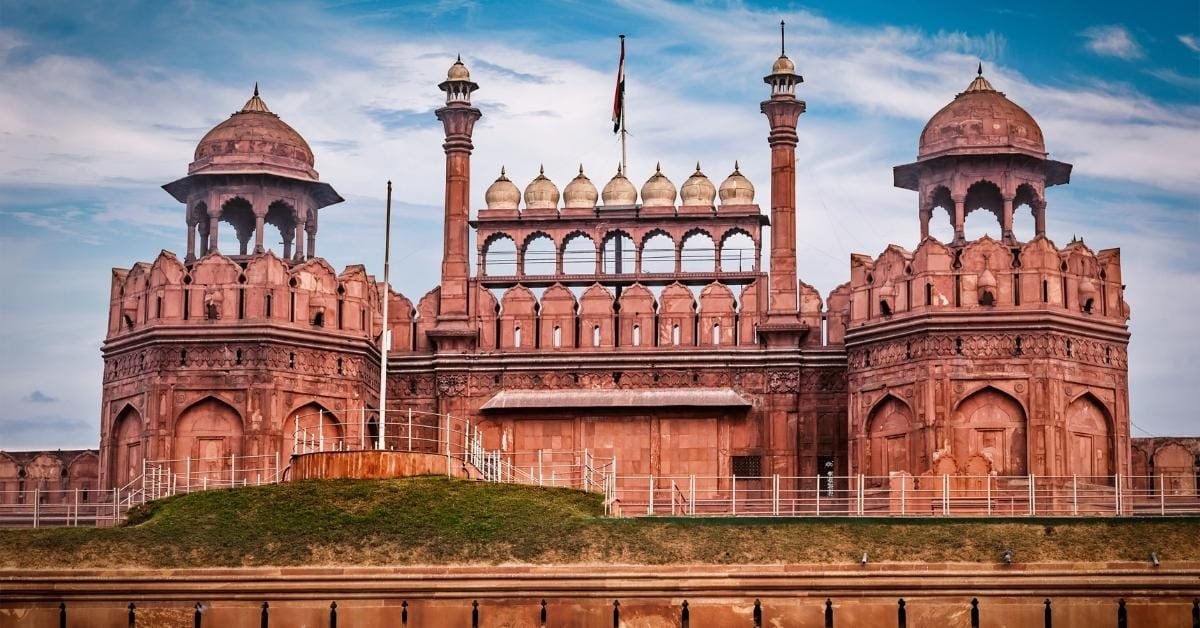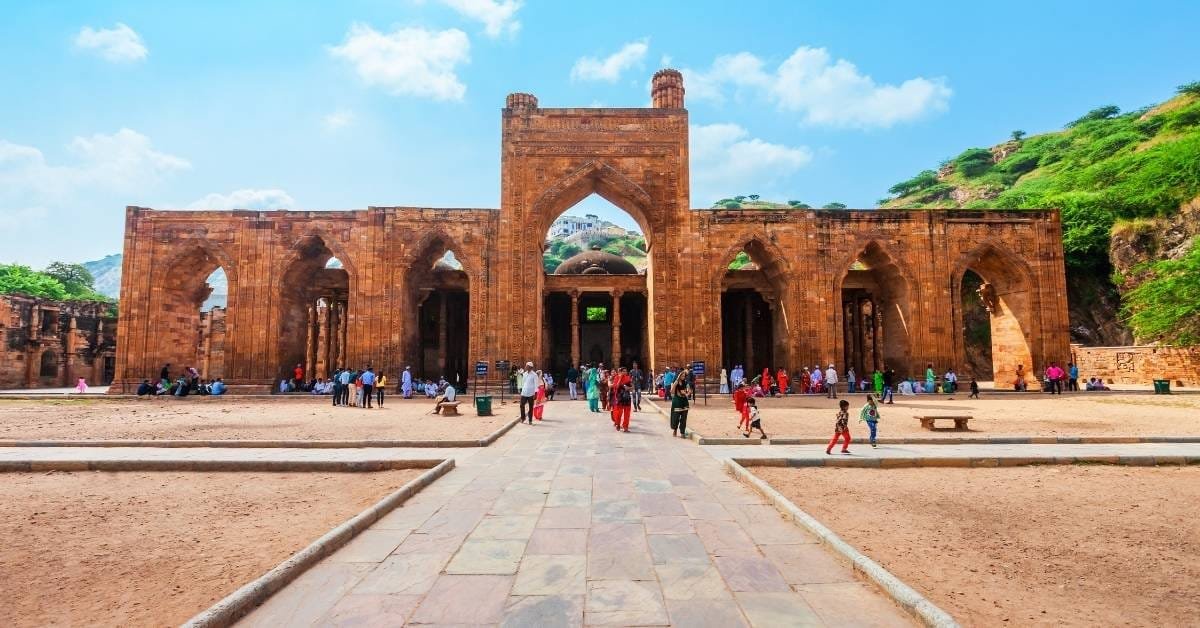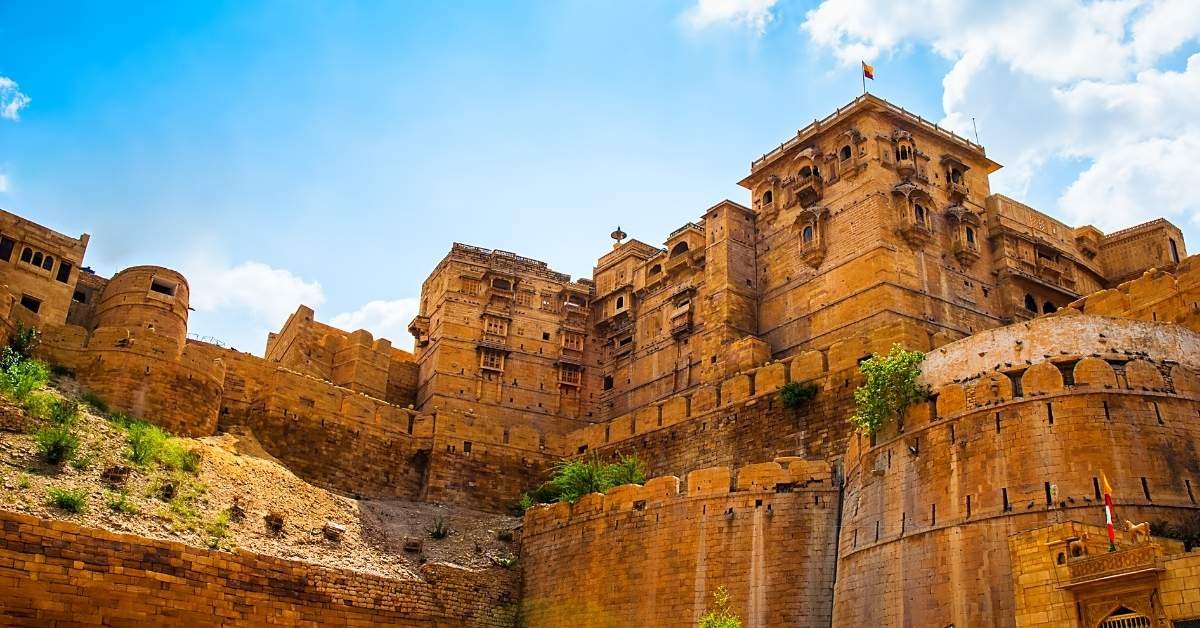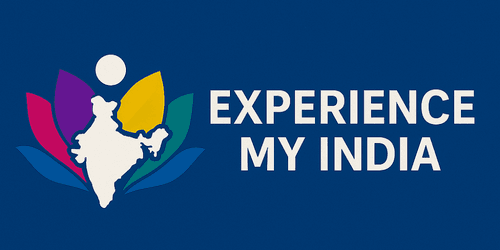Whether you are a peace seeker, an adventure lover, a culture explorer, or a solo traveler, the places to visit in Meghalaya offer a diverse mix of nature, heritage, and local warmth. From the lush hills of Cherrapunji to the sacred forests of Mawphlang, each location brings something unforgettable to the table.
Meghalaya, which means “Abode of Clouds,” is a jewel in northeast India known for its waterfalls, caves, clean villages, and fascinating tribal culture. It’s a destination where the clouds descend to touch the earth, rivers run so clear you can see the bottom, and communities live in harmony with nature.
Let’s explore the top 10 places to visit in Meghalaya that make this state one of India’s most unique and soul-refreshing travel destinations.
1. Shillong – The Gateway to Meghalaya’s Heart
As the capital city, Shillong beautifully blends tradition and modernity. It's not just a base for travel—it’s one of the most vibrant places to visit in Meghalaya in itself.
- Ward’s Lake: A peaceful spot in the middle of the city for paddle boating and evening walks.
- Elephant Falls: A three-tiered waterfall accessible via stone pathways—ideal for family photos.
- Shillong Peak: The highest point in Meghalaya, offering stunning panoramic views, especially during sunrise.
- Don Bosco Museum: A must-visit for understanding the culture of northeast India.
- Police Bazaar: The main market hub where you can shop for local handicrafts, food, and woolen clothes.
Travel Tip: Shillong gets busy on weekends. Visit on weekdays for a relaxed experience.
2. Cherrapunji (Sohra) – A Symphony of Rain and Greenery
Known globally for once being the wettest place on Earth, Cherrapunji is now more famous for its eco-tourism, waterfalls, and living root bridges.
- Nohkalikai Falls: India’s tallest plunge waterfall, surrounded by heartbreaking legend and epic beauty.
- Seven Sisters Falls: Named after the seven northeastern states, especially majestic during monsoon.
- Living Root Bridges (Nongriat): Nature meets engineering. These bridges take decades to grow and last for centuries.
- Mawsmai Cave: A well-lit limestone cave where you can walk inside natural rock formations.
- Eco Park: Offers views of the Sylhet plains of Bangladesh on a clear day.
Travel Tip: Avoid during peak monsoon (June–July) unless you love heavy rain and slippery trails.
3. Dawki – India’s Most Transparent River Destination
Dawki, near the India-Bangladesh border, is famous for the Umngot River—so clear it appears like glass.
- Umngot River: Boating here feels like floating in the air. Best viewed on sunny days between October and April.
- Shnongpdeng Village: Located upstream; ideal for kayaking, cliff jumping, zip-lining, and riverside camping.
- Tamabil Border Post: You can literally wave to people across the Bangladesh border.
- Fishing Villages: Discover Meghalaya’s sustainable fishing traditions and river-based living.
Tip for Visitors: Arrive early to avoid crowds and enjoy the clearest water conditions.
4. Mawlynnong – A Village That Redefined Cleanliness
Awarded the title of "Asia’s Cleanest Village," Mawlynnong is a lesson in community-led cleanliness and eco-conscious living.
- Well-Paved Lanes: Bamboo dustbins and flower-lined alleys make the village Instagram-worthy.
- Sky Walk: A bamboo platform overlooking the plains of Bangladesh—excellent for sunrise and sunset.
- Balancing Rock: A natural phenomenon where a huge boulder sits perfectly balanced on a smaller stone.
- Living Root Bridge: A short, easy trek leads to one of Meghalaya’s simpler root bridges.
- Cultural Experience: Learn about Khasi traditions, women-led households, and local farming.
Local Insight: Smoking and plastic are strictly discouraged here—respect local norms.
5. Nongriat – The Hidden Gem Beneath the Hills
To experience the Double Decker Living Root Bridge, you must trek to Nongriat, a village deep in the forest. It’s one of the most rewarding places to visit in Meghalaya for trekkers.
- Trek Involves: 3,500+ steps down from Tyrna village and crossing suspension bridges over rushing streams.
- Double Decker Bridge: A masterpiece of natural architecture that’s still alive and growing.
- Rainbow Falls: A short hike from the bridge leads to a turquoise waterfall.
- No Mobile Network: A rare chance to digitally disconnect and reconnect with nature.
- Homestay Culture: Warm locals, simple food, and cozy accommodations.
Tip: Carry essentials—once in the village, shops are limited and pricey.
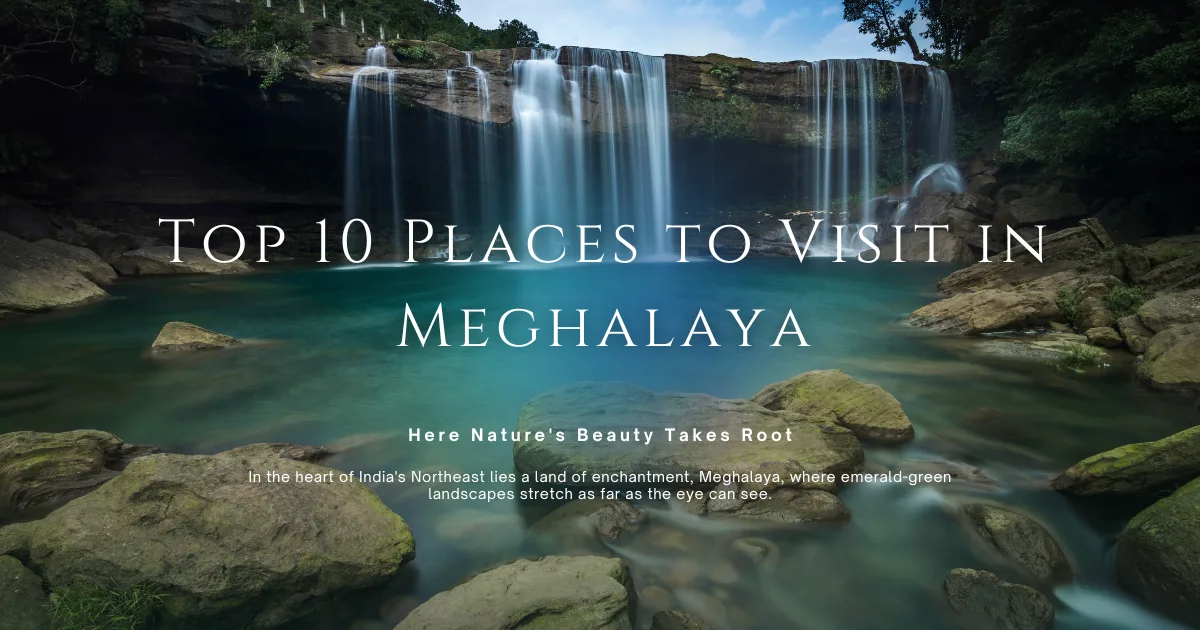
6. Laitlum Canyon – Where the Hills Stretch Infinitely
Located just 25 km from Shillong, Laitlum Canyon is a lesser-known spot that offers jaw-dropping views of the East Khasi Hills.
- 360° Viewpoint: On a clear day, you can see deep valleys, distant hamlets, and cascading hills.
- Natural Amphitheatre: Locals call it “the end of the world.” It’s as dramatic as it sounds.
- Sunset Photography: Golden hour makes this place magical for photographers.
- Local Villages: Trek down to Rasong village, accessible only by foot.
- Peaceful Atmosphere: Rarely crowded, ideal for meditation or introspection.
Safety Note: Avoid visiting in foggy weather—paths are slippery and visibility is low.
7. Mawsynram – The Rainiest Place on Earth
While Cherrapunji held the rainfall record earlier, Mawsynram now holds the crown for the world’s wettest inhabited place.
- Natural Caves: Mawjymbuin Cave has a stalagmite shaped like a Shiva Linga.
- Monsoon Magic: Experience torrential rain that creates hundreds of seasonal waterfalls.
- Khasi Lifestyle: See how locals adapt to rain with stone houses and innovative water systems.
- Quiet Countryside: Peaceful landscapes ideal for slow travel and photography.
- Rock Formations: Discover mushroom-shaped and hat-like rock forms sculpted by rain.
Must Carry: Waterproof gear, poncho, and sturdy footwear.
8. Jowai – Gateway to Jaintia Hills’ Culture and Waterfalls
Jowai is less touristy but rich in cultural, historical, and natural attractions—ideal for offbeat explorers.
- Krang Suri Falls: A turquoise cascade surrounded by forest; perfect for swimming and picnics.
- Nartiang Monoliths: A 500-year-old site with giant standing stones used by local tribes.
- Thadlaskein Lake: A peaceful spot with boating options and local folklore.
- Behdienkhlam Festival: A colorful celebration that combines religion, dance, and sport.
- Traditional Food: Try pork with bamboo shoots and red rice at local eateries.
Best Time: October to February for festivals and dry weather
9. Mawphlang Sacred Forest – A Walk Through Khasi Spirituality
This protected forest is believed to be inhabited by guardian spirits, and nothing is allowed to be taken from it—not even a fallen leaf.
- Sacred Trails: Guided tours take you through mossy trees, medicinal plants, and ancient altars.
- Khasi Beliefs: Learn about animistic traditions and how nature is worshipped.
- Heritage Village: Just outside the forest, you can see traditional Khasi architecture and tools.
- Rare Flora: Home to hundreds of plant species, many with medicinal properties.
- Forest Rituals: Still used for community prayers, sacrifices, and seasonal rituals.
Respect the Rules: Never remove any natural element—it is considered disrespectful.
10. Siju – Meghalaya’s Ancient Cave and Wildlife Haven
Located in the South Garo Hills, Siju is one of Meghalaya’s best-kept secrets, especially known for its ancient caves and pristine biodiversity. It offers a unique contrast to the Khasi and Jaintia regions.
- Siju Cave (Dobakkol): One of the longest limestone caves in India, filled with stunning rock formations, stalactites, and stalagmites. A torch is a must!
- Bat Habitat: The cave is home to rare bat species—ideal for nature lovers and cave researchers.
- Simsang River: Flowing beside the village, this calm river offers scenic views and boat rides.
- Siju Bird Sanctuary: Spot rare and migratory birds, especially during winter months.
- Traditional Garo Culture: Experience the warmth of the Garo tribe, their dance, food, and festivals.
Travel Note: Siju is remote, so plan an overnight stay in nearby Tura or Baghmara. It’s worth the journey if you seek untouched wilderness.
FAQs – Places to Visit in Meghalaya
1. How many days are enough to explore Meghalaya?
6 to 8 days are ideal to cover the major places with some offbeat spots.
2. Do I need a permit to visit Meghalaya?
No permits for Indian nationals. Foreigners must register at the local FRO (Foreigners Registration Office).
3. Is Meghalaya a safe destination for solo women travelers?
Yes, it’s one of the safest regions in India with low crime rates and respectful locals.
4. When is the best time to visit?
October to April offers clear weather. Monsoon (June–Sept) is lush but wetter and riskier for treks.
5. What languages are spoken there?
Khasi, Jaintia, and English are commonly spoken. Hindi is understood in most tourist areas.
6. What kind of accommodation is available?
From luxury resorts to homestays and guesthouses—there are options for every budget.
7. Are there direct flights to Meghalaya?
You can fly into Shillong (Umroi Airport) or Guwahati (3 hours away) and travel by road.
8. Can I rent a vehicle to travel around Meghalaya?
Yes, taxis and self-drive rental cars are available in Shillong and Guwahati.
9. What should I pack for a Meghalaya trip?
Warm clothes (even in summer), rain gear, trekking shoes, and basic medical kit.
10. Are these places family-friendly?
Yes. Most destinations have safe walking trails, and families often enjoy waterfalls, boating, and cultural sites.
Conclusion – Meghalaya is More Than a Destination, It’s a Feeling
From sacred forests and sky-touching canyons to root bridges and monsoon legends, the places to visit in Meghalaya offer a journey into a world where nature is alive, culture is vibrant, and travel is truly meaningful.
Contact Experience My India Today:
📞Call Us: +91 7037550028
📲WhatsApp Us: +91 7037550028
🌐Visit Our Website: Experience My India
Let Experience My India craft your perfect Meghalaya itinerary—complete with local guides, handpicked homestays, and breathtaking experiences.
Book your Meghalaya trip today and step into the clouds with us.

